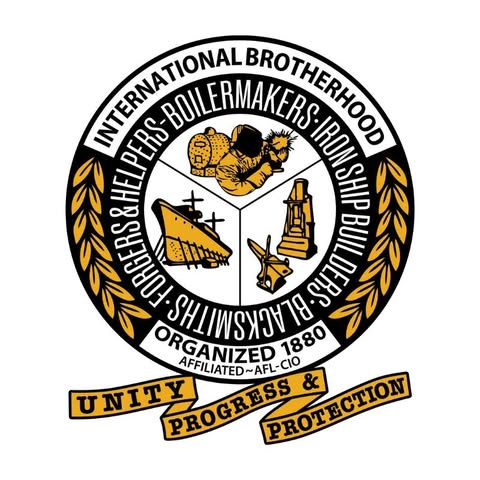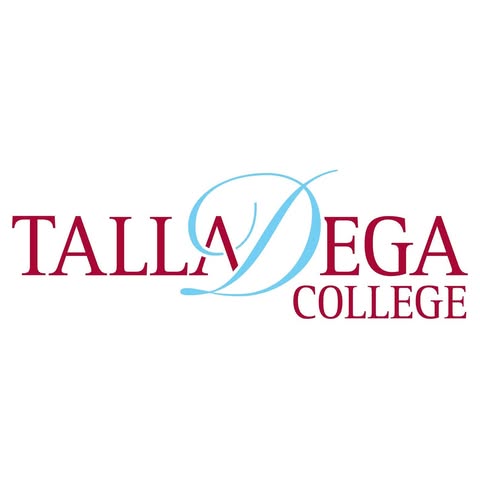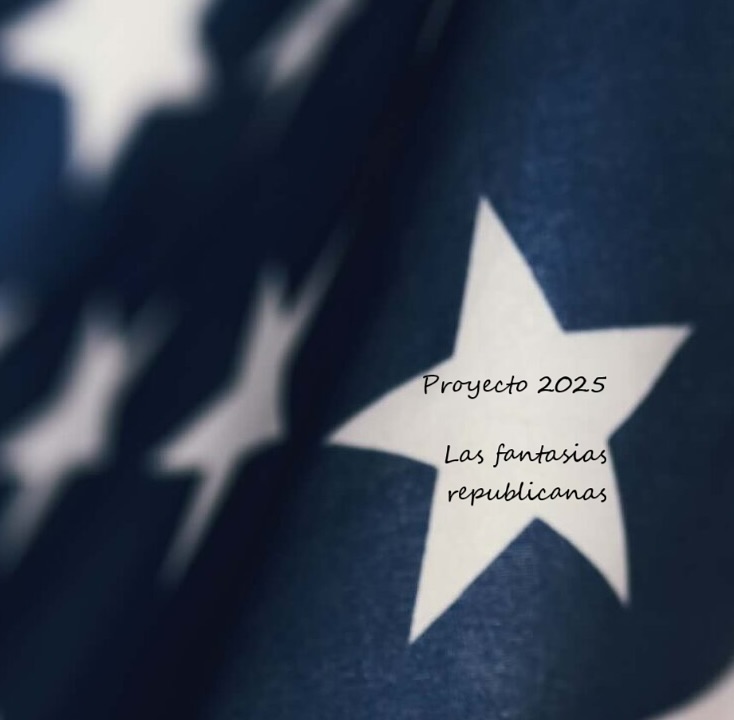
Industrial Workers of the World
The Industrial Workers of the World (IWW) is a worker-run union dedicated to direct action, industrial democracy, and unrelenting class struggle. The Industrial Workers of the World (IWW) is a worker-run union dedicated to direct action, industrial democracy, and unrelenting class struggle. Founded in 1905 by revolutionary unionists, the IWW seeks to organize all workers into One Big Union. LABOR ORGANIZING.

Industrial Workers of the World
The Industrial Workers of the World (IWW), more commonly known as the Wobblies, is a nonprofit labor union founded in Chicago in June 1905. Established by representatives of 43 groups, the IWW was a response to the American Federation of Labor's (AFL) policies, particularly its refusal to include unskilled workers and its reliance on craft unions.
Founding and Philosophy
The IWW was founded by notable figures such as William D. (“Big Bill”) Haywood of the Western Federation of Miners (WFM), Daniel De Leon of the Socialist Labor Party, and Eugene V. Debs of the Socialist Party. Initially, Debs supported the organization but later withdrew as it became more radical. The IWW is known for its revolutionary approach, seeking to organize workers across different industries rather than by craft, which was a novel approach at the time[1][2].
The organization's philosophy centers around "One Big Union," advocating for international worker solidarity and embracing workers from all racial, gender, and national backgrounds[2]. The IWW rejected signing contracts with employers, believing these agreements limited workers' ability to strike, and it promoted direct action tactics[4].
Major Events and Activities
- Early Strikes and Organizing: The IWW organized significant strikes in the mining and lumber industries, particularly in the Pacific Northwest. One of its most famous figures, Joe Hill, became a martyr for the labor movement after his execution in 1915 on a disputed murder charge[1].
- World War I: During World War I, the IWW opposed U.S. participation and faced severe repression, with many leaders prosecuted under the Sabotage and Espionage Acts. This period marked a significant decline in membership[1][3].
- Depression Era Revival: In the 1930s, the IWW experienced a revival, with organizers focusing on more traditional trade union concerns while maintaining its radical ideals[3].
Modern Activities
Today, the IWW continues to advocate for workers' rights, particularly among underrepresented groups like immigrants. Despite never regaining its early momentum, it remains active with a focus on organizing across various industries[2][5].
Legacy
The IWW's influence on labor history is profound, pioneering industrial unionism and promoting solidarity among diverse worker groups. Its legacy continues to inspire labor movements around the world[5].
Edit WikiFounded
1905
57000
X (Twitter)
91879
Traffic
169285
Industrial Workers of the World
From Social media
News about from their social media (Facebook and X).
The latest article from Solidaridad IWW: El futuro de la frontera según Proyecto 2025 // The future of the border according to Project 2025 https://iwwsolidaridad. org/2024/10/25/el-futuro-de-la-frontera-segun-proyecto-2025/ The southern border and the migration crisis in the Americas have been a key point of conversation for the Republican campaign. The border and Department of Homeland Security (DHS) proposals chapter was written by Ken Cuccinelli, formerly Attorney General of Virginia (2010-2014)… … Despite the fact that the Department (DHS) expelled more than a million migrants in 2023, Cuccinelli and his collaborators criticize him for being “controlled by ‘wokeness’ and for having been captured by the Left.
Like Comment
Data about organisation
Labor Unions/Organizations Category
Organisations with similar rank to Industrial Workers of the World in category Labor Unions/Organizations

84. Laborers International Union of North America
The Laborers' International Union of North America - we are 530,000 men and women fighting for better wages and benefits, safer jobsites and more opportunity.

85. Laborers International Union of North America
The Laborers' International Union of North America - we are 530,000 men and women fighting for better wages and benefits, safer jobsites and more opportunity.

86. Industrial Workers of the World
The Industrial Workers of the World (IWW) is a worker-run union dedicated to direct action, industrial democracy, and unrelenting class struggle.

87. Industrial Workers of the World
The Industrial Workers of the World (IWW) is a worker-run union dedicated to direct action, industrial democracy, and unrelenting class struggle.

88. Industrial Workers of the World
The Industrial Workers of the World (IWW) is a worker-run union dedicated to direct action, industrial democracy, and unrelenting class struggle.
Chicago
Organisations from Industrial Workers of the World

The D'AnielIo Institute for Veterans and Military Families, founded by JPMorgan Chase & Co.

143. Laborers International Union of North America
The Laborers' International Union of North America - we are 530,000 men and women fighting for better wages and benefits, safer jobsites and more opportunity.

144. Industrial Workers of the World
The Industrial Workers of the World (IWW) is a worker-run union dedicated to direct action, industrial democracy, and unrelenting class struggle.

PAWS Chicago is focused on implementing solutions to end the killing of homeless pets.

146. ACADEMY OF NUTRITION AND DIETETICS FOUNDATION
Simple steps to a healthier lifestyle: Shop smart, cook healthy and eat right.
Similar organisations
Similar organisations to Industrial Workers of the World based on mission, location, activites.

International Brotherhood of Boiler Makers Iron Ship Builders Blacksmi
Contact Info: 12200 N.

American Federation of State County & Municipal Employees
Macomb offers over 100 degree and certificate programs, from accounting to welding.
Similar Organisations Worldwide
Organisations in the world similar to Industrial Workers of the World.

Australian Unemployed Workers’ Union Incorporated (au)
The Australian Unemployed Workers' Union (AUWU) is an Australian union representing unemployed, underemployed, and unwaged workers.

WORKPLACE HEALTH WITHOUT BORDERS (AUSTRALIA) LTD (au)
A world where workers do not get sick because of their work.

We are a Manchester-based charity, working in partnership with local organisations, NGOs, Unions and Companies, to assist and empower women workers in global supply chains to claim their rights and receive decent wages for their work .

Work Health & Safety Foundation (au)
RTO 1907 Work Health & Safety Training, Consulting, Auditing, Recruitment and Advocacy.
Interesting nearby
Interesting organisations close by to residence of Industrial Workers of the World

Industrial Workers of the World
The Industrial Workers of the World (IWW) is a worker-run union dedicated to direct action, industrial democracy, and unrelenting class struggle.

American Federation of Teachers
The Retirees Chapter of the University Professionals of Illinois protects retiree benefits and assists the work of the larger union.
Similar social media (148879)
Organisations with similar social media impact to Industrial Workers of the World

19490. Womens Professional Rodeo Association
Please note that all updates made on this page are UNOFFICIAL.

19491. MOTE MARINE FOUNDATION INC
Explore the secrets of the sea through exhibits that showcase the world-renowned research of Mote Marine Laboratory.

19492. Industrial Workers of the World
The Industrial Workers of the World (IWW) is a worker-run union dedicated to direct action, industrial democracy, and unrelenting class struggle.

19493. ARKANSAS CHILDREN'S NORTHWEST INC
Arkansas Children’s is the only pediatric health system in Arkansas, providing world-class medical care to children throughout Arkansas.

19494. MAHARISHI INTERNATIONAL UNIVERSITY
Home of Consciousness-Based Education.
Similar traffic
Organisations with similar web traffic to Industrial Workers of the World

Alabama's oldest, private, historically black liberal arts college (HBCU).

89904. Industrial Workers of the World
The Industrial Workers of the World (IWW) is a worker-run union dedicated to direct action, industrial democracy, and unrelenting class struggle.

89906. Bowie State University Foundation Inc
Founded in 1865 | Oldest HBCU in Maryland | Home of the Bulldogs | Racing to Excellence #BowieBOLD.
Join us and make a difference for the future!
Sign Up
Please fill in your information. Everything is free, we might contact you with updates (but cancel any time!)
Sign in with GoogleOr
Good News
🌟 Incredible initiative in the U.S.! A café owner in Maine is providing free meals for those facing food insecurity due to the government shutdown. This act of kindness reminds us all of the power of community and compassion. 💖 Let's support local heroes! #CommunityLove #GoodNews
I'm a café owner in Maine. I'm feeding those about to lose their SNAP benefits for free.
Business Insider
Like Comment"Amidst the heartbreak, Racquel Perry finds strength in music to honor her son. 🎶 Her powerful voice transforms loss into a tribute, reminding us of the healing power of art. ❤️ #Inspiration #Community #Hope"
Her son was killed by a bullet in Chicago. Now, his memory lives on in song.
Chicago Sun-Times
Like Comment







